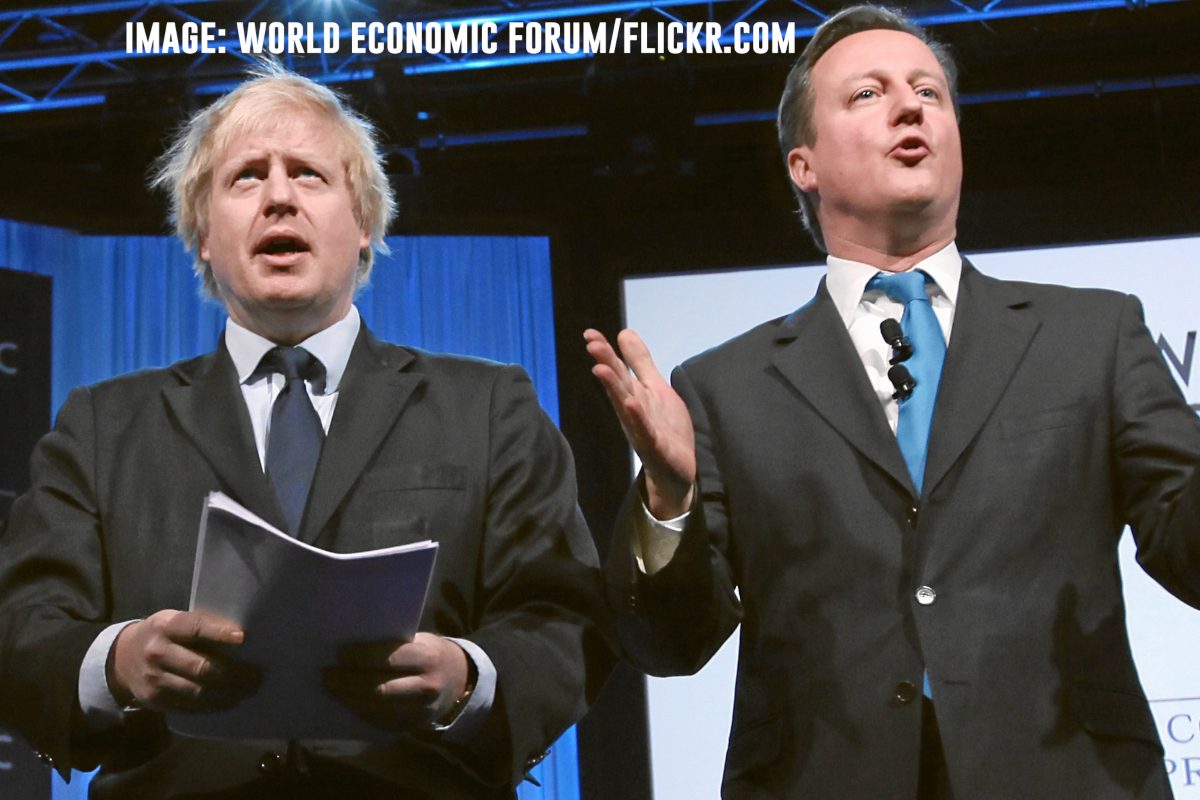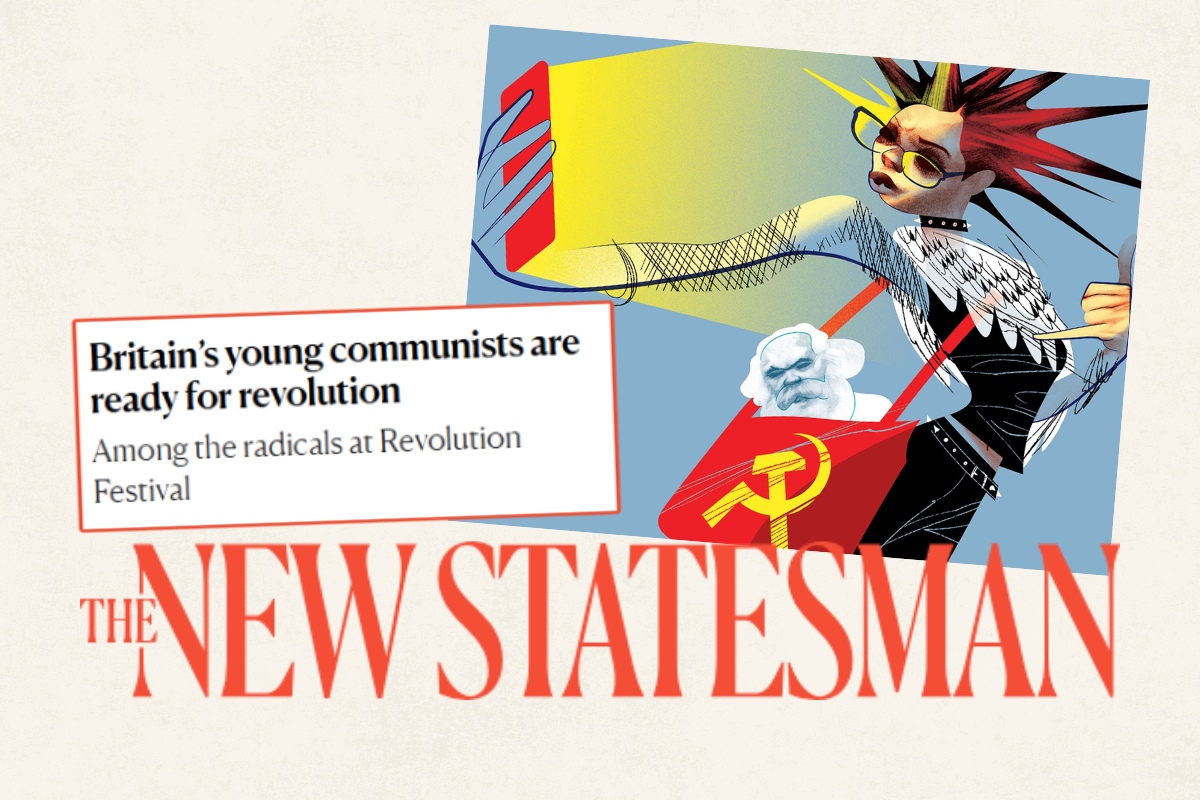We publish here a letter from Ben Curry, a Socialist Appeal supporter in Leeds, who provides a concise explanation for how the Tories, despite all expectations, have managed to win the election and take power with a majority in parliament. As Ben writes, it is not ordinary workers and youth who are to blame for this outcome, but the leaders of the Labour movement.
We publish here a letter from Ben Curry, a Socialist Appeal supporter in Leeds, who provides a concise explanation for how the Tories, despite all expectations, have managed to win the election and take power with a majority in parliament. As Ben writes, it is not ordinary workers and youth who are to blame for this outcome, but the leaders of the Labour movement.
After cathartically playing The Exploited’s Beat the Bastards on repeat this afternoon, it’s put me in the mood to write in about my feelings on the general election results.
With the election of a majority Tory government, the first in 20 years, the first question to be asked is: has there been a shift to the right amongst British people? I don’t think there has. The Tories have won a majority in parliament with 36% of the vote on a 66% turnout, which means that 23.8% of the population voted for them – a clear expression of the limits of bourgeois democracy when more than three-quarters of us can say: You do not represent us! When we add up the raw percentage of the vote for parties of the right [Tory, Lib-Dem, and UKIP], we see, if anything, a slight fall in their combined vote from 2010.
How then can we explain the emergence of a Tory majority government? Turnout has been a factor, and the contrasts in turnout are very telling. In England and Wales – despite five years of cuts and austerity – turnout barely increased by 0.4%. It was particularly low in many working class urban areas, such as Manchester Central, where only 46% bothered to turn out. By contrast, turnout leapt to 71% in Scotland, and even above 80% in some constituencies. The reason is clear: despite all the limits of the SNP, they clearly and consistently stood against austerity and galvanised support.
In the rest of Britain, poor and working class people have been as much affected by austerity as Scottish people, and there is no fundamental difference in the mood that this has generated – the only difference is that in England and Wales it has not found a clear expression as of yet. Again, the reason is clear: the Labour Party has completely failed to give it expression.
The Labour leaders tried to posture to the left in the weeks immediately coming up to the election, by posing as the party of “working families” as against the party of the privileged few. But this came after five years of being the party of “responsible capitalism” and of promising to match Tory spending cuts. And when the choice is between Tory policies and a bad copy of Tory policies, it is natural who would win. The result was that there was no mass enthusiasm for Labour. The lesson is clear: you cannot turn the working class on and off like a tap. Neither can you promise all things to all people: either you stand for the interests of the working class and the defense of their past gains, or you stand with the ruling class and for austerity. As the Bible says, you cannot serve both God and Mammon.
The Labour Party have, by their perfidy, “respectable” careerism, and treachery engineered a terrible defeat. Ed Balls may have lost a parliamentary seat (some loss!), but the working class and the poor will pay a far dearer price. In the last parliament something like 40% of projected cuts were implemented and another 60% await under this government. This is a recipe for class struggle as working people are forced into a position to either fight or submit. Riots, strikes and civil disobedience may all be on the agenda in the coming five years.
The time for reformist half measures is over. The fight to bury capitalism and for socialism is on! In the words of The Exploited: Let’s beat the bastards!






